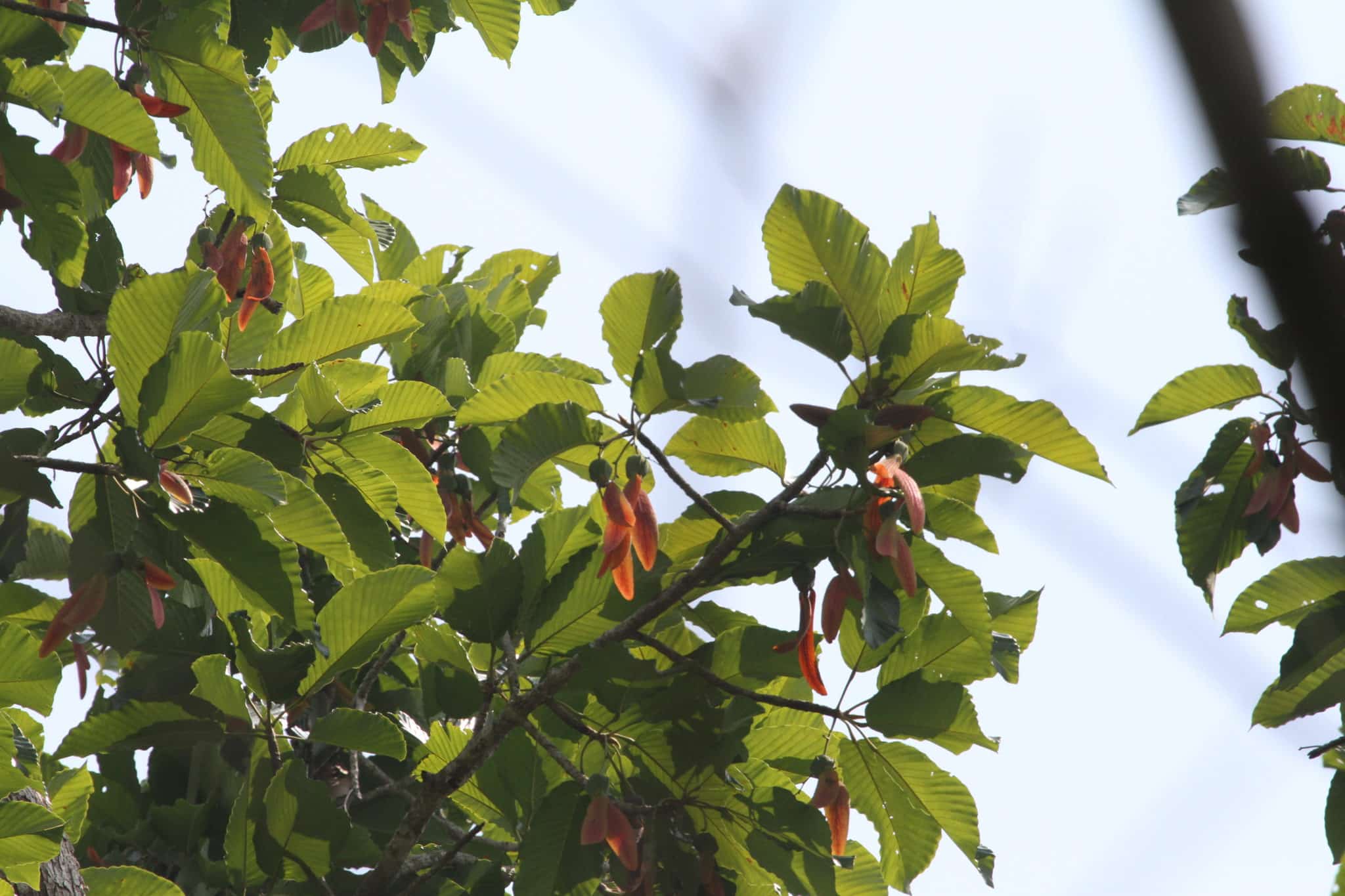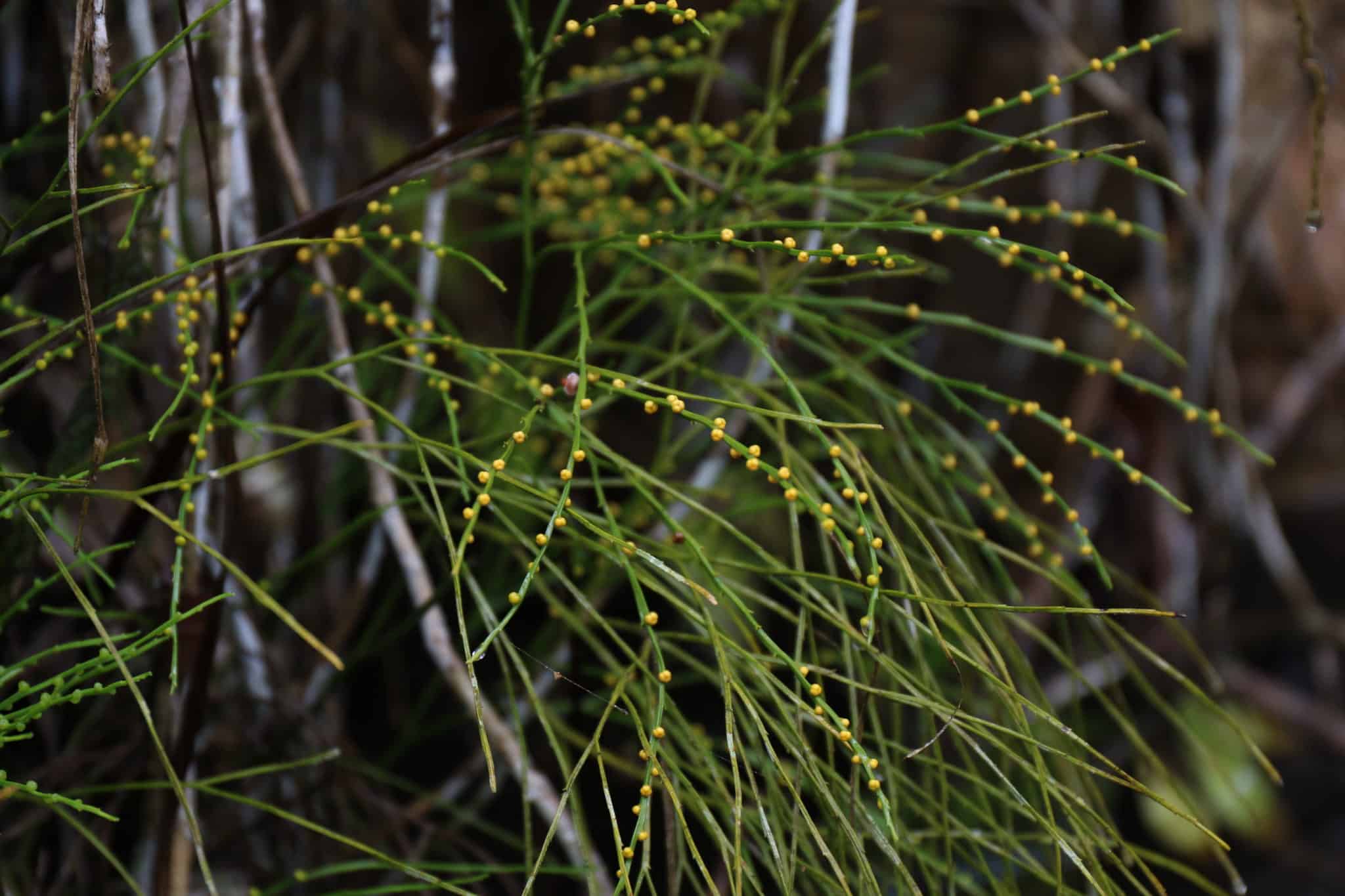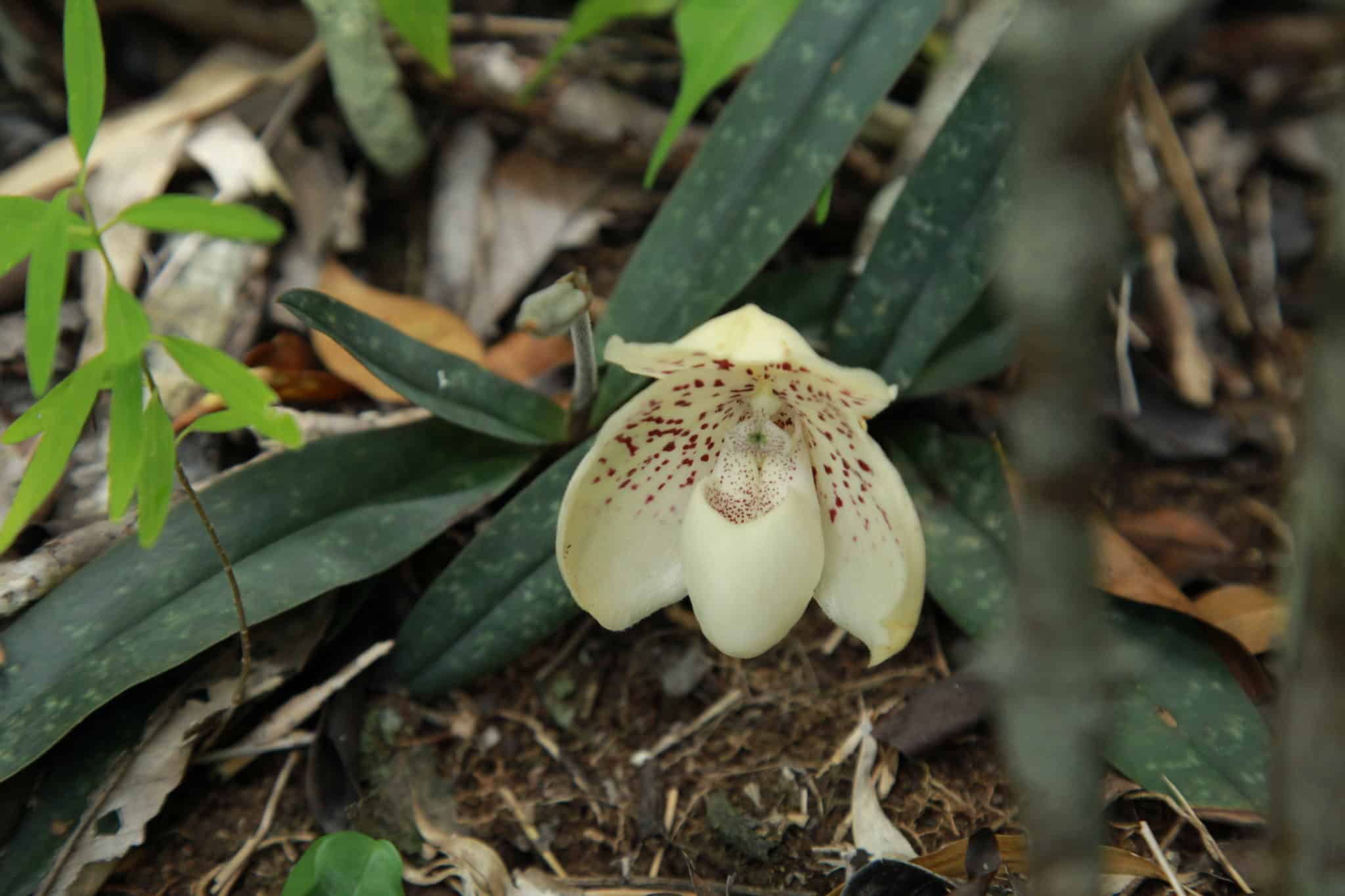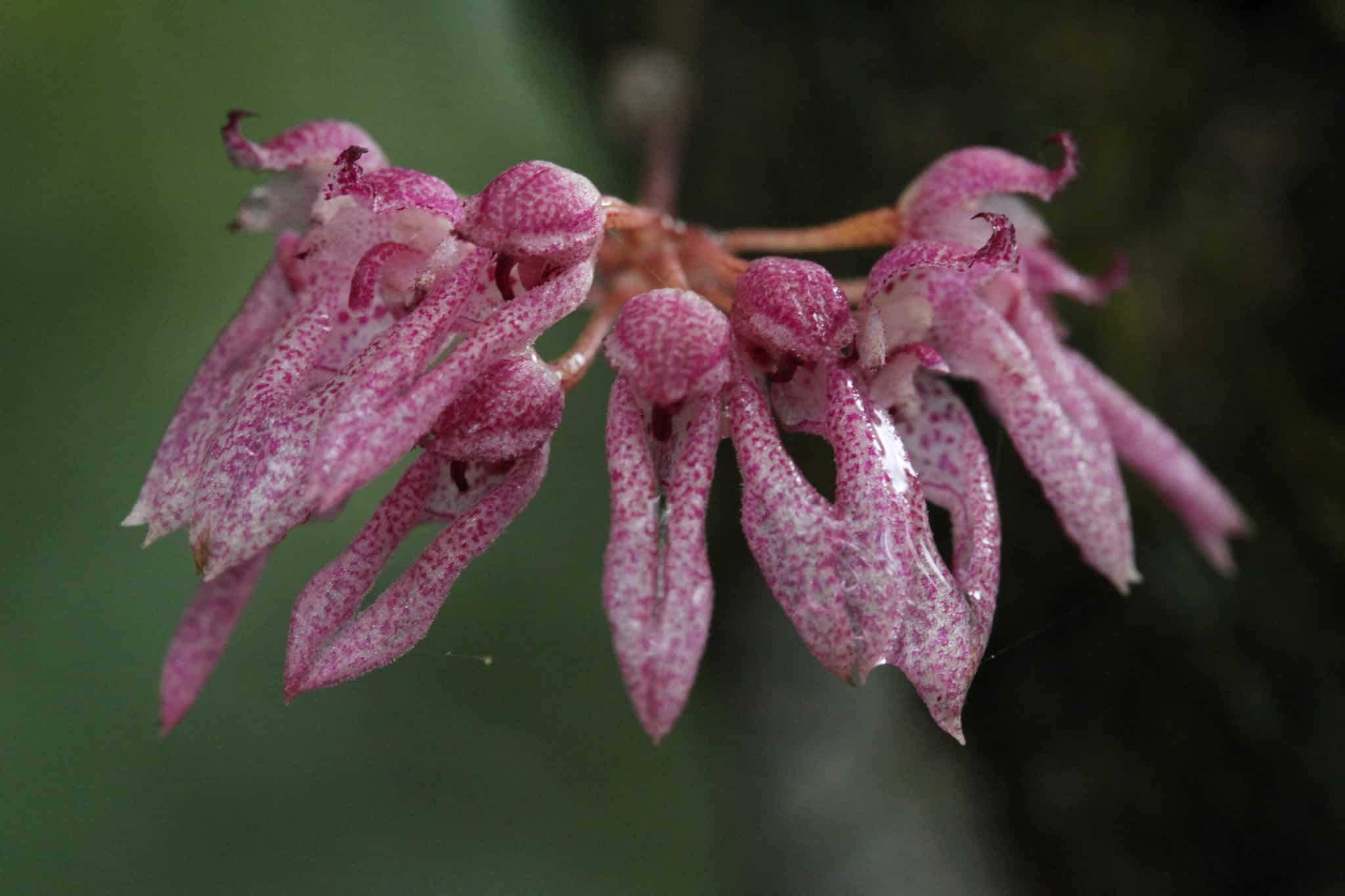Thailand, as a popular spot for nature tourism, places great importance on the effective management of community and urban community-based tourism while ensuring the development of biological and cultural diversity. Studies assessing remunerations* on forest ecosystem management are rare in Thailand, especially in the context of community-based ecotourism. Hence, there is a need to examine the ideas and definitions of payments for ecosystem services (PES).
The Ban Nam Rad watershed forest is part of the Yan Yao Khao Wong Krasum National Reserved Forest in Surat Thani Province, Thailand. In 2017, it was designated as a Community Forest. The surrounding communities have established Community Enterprises and hold the rights to manage forests for recreational purposes including ecotourism activities such as boat-rowing and hiking. According to the International Union for Conservation of Nature (IUCN), endangered plants (EN) found in the watershed forest include Dipterocarpus dyeri Pierre ex Laness., Shorea gratissima (Wall. ex Kurz) Dyer, and Hopea ferrea Laness. The forest is also home toPsilotum nudum (L.) P. Beauv., q critically endangered (CR) fern ally; Paphiopedilum godefroyae (God-Leb), an orchid; as well as Impatiens mirabilis Hook. f., an endangered species and also the largest species in the Impatiens genus. To ensure the preservation of plant biodiversity while sustaining local livelihoods, AFoCO and the National Institute of Forest Science (NIFoS) are joining hands to implement the project titled “Assessment of Financial Instruments and Payment for Ecosystem Services Model Application for Rare and Endangered Species Preservation in Thailand (AFoCO/034/2022)”.

This research project will examine the potential of using financial mechanisms to conserve biodiversity in the Ban Nam Rad watershed forest. Conservation activities involving rare and endangered plant species will be integrated into the guidelines for effective forest management serving this ecotourism model. The main objectives of the research project are to:
- Assess the existing financial instrument for rare and endangered species preservation in the pilot site.
- Apply a suitable Payment for Ecosystem Services (PES) model for rare and endangered species preservation in the pilot site.
Expected outputs and outcomes of the research
The expected outputs of the research project are as follows:
- 1 report on the PES Identification and Feasibility, including:
- report on the baselining of ecosystem services in the Ban Nam Rad watershed forest, as well as the habitat status of rare and endangered species that can be used as main species in the PES project.
- report on the various stakeholders in the conservation of the Ban Nam Rad watershed forest/identify conservation groups and beneficiaries
- 1 report on the suitable PES model for rare and endangered species preservation in the pilot site, including:
- report on criteria used as a measure of conservation performance and sustainability, such as the diversity of species
- 1 PES Development Guide Book for Community-Based Ecotourism to preserve rare and endangered plant species that provide ecosystem services for tourism (200 books)
- 1 visit to the existing model site
- 1 publication “Assessment of PES potential in the Ban Nam Rad Watershed Forest, Surat Thani Province, Thailand”
Considering the existence of novel concepts on ecosystem service remunerations and the definition of ecosystem services, the definition of PES, as well as related mechanisms on PES and how to apply PES to social contexts influencing effective forest ecosystem management, should be provided. Thailand also lacks a guidebook or guideline on forest management connected to biodiversity and tourism. This project will serve as a model for community forests or recreational forests supervised by the Royal Forest Department in the future.




*The term “ecosystem remunerations” used in this study refers to payments made to communities and caretakers in exchange for the preservation of natural resources and the security of ecosystem services.
Contributed by Altangadas Janchivdorj, 2022 AFoCO Fellowship Official from Mongolia

